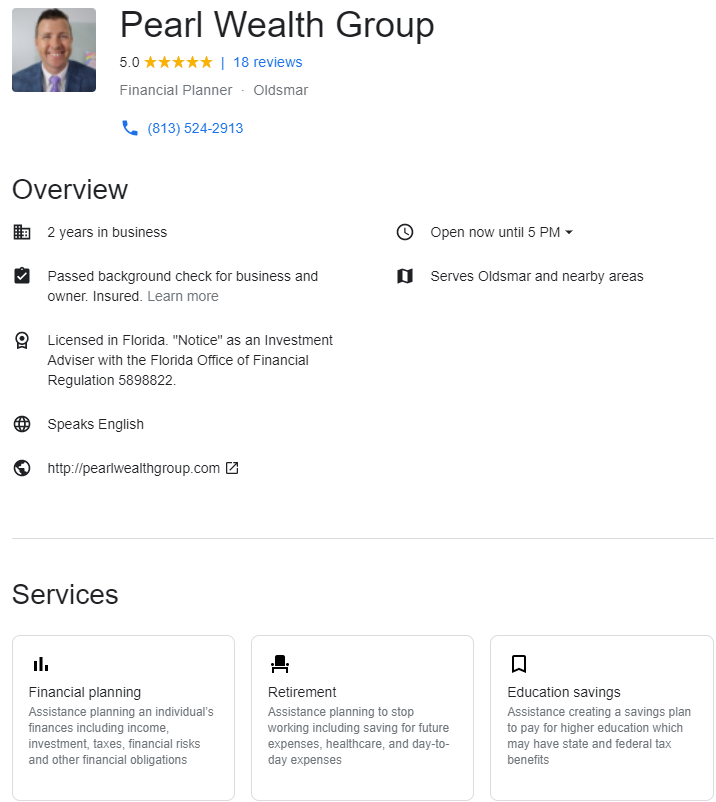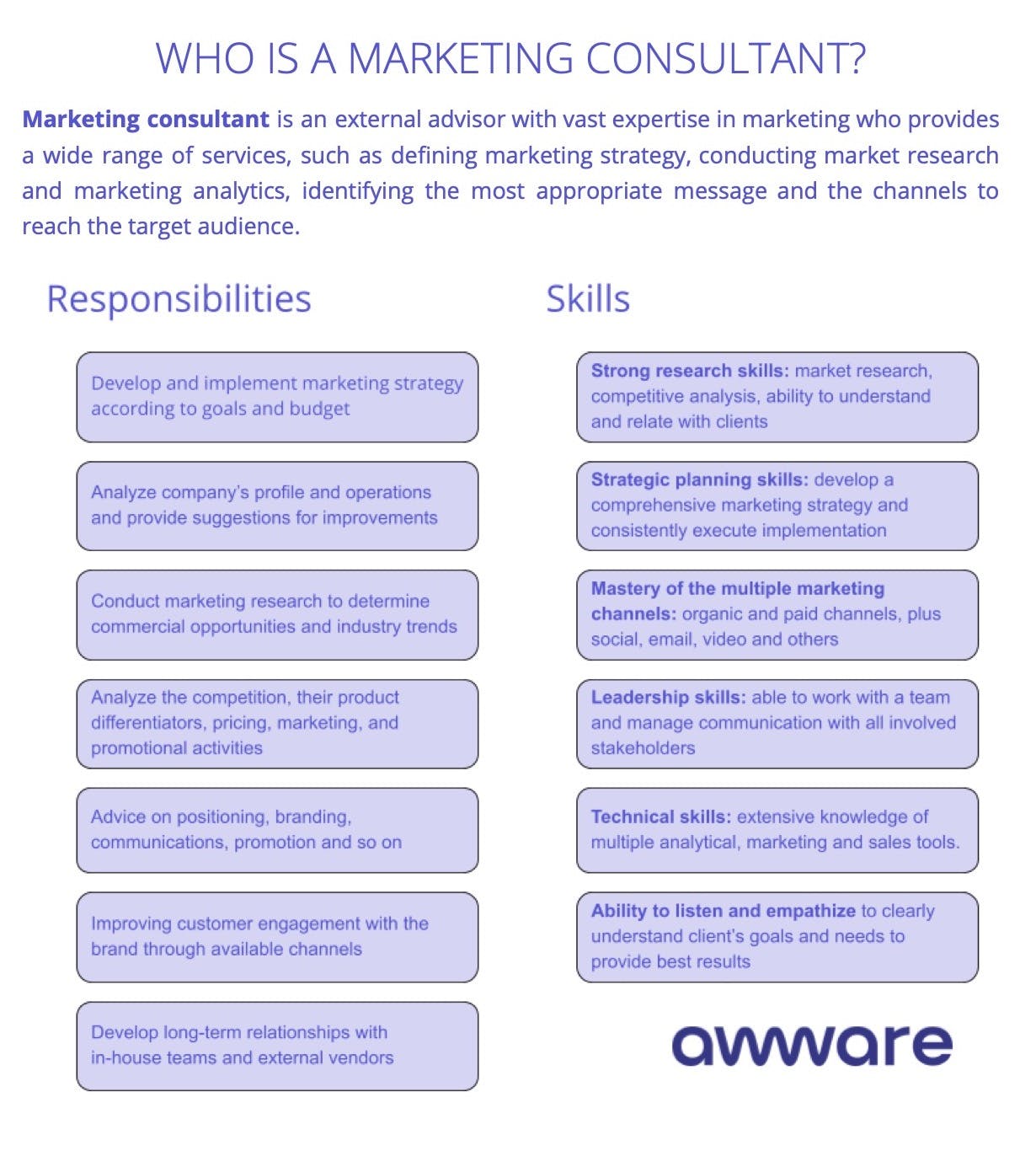
You will find many opportunities for employment in Science Pasadena and partner engineering. These positions have varying levels of pay, from entry-level to executive. You will learn more about the company culture as well as its working conditions, pay, and training opportunities. Decide if this is the right job for you. We hope you find the right job with this information.
Culture in the company
Working for a company with a corporate culture can be a bit of an eye-opener. Employees don't always realize they are being wrongly accused and can't face their accusers if caught doing something they shouldn’t. Even a technical review can quickly turn into a verbatim debate over its dirtiness or cleanliness.

Compensation
Partner Engineering and Science Pasadena employees receive a higher salary than other similar companies. This company is ranked among the Top 5% of similar businesses by Compensation and Benefits on Comparably. In addition, they have a great benefit package and competitive benefits. The amount of money that employees can make is up to them.
Partner Engineering and Science's average annual salary is $233510. Salaries will vary depending on where you are located, what job title you have, and how many years of experience.
Training opportunities
If you are looking for training opportunities, you may be interested in Partner Engineering and Science. The company has an open job for a licensed professional engineers. The role will require proficiency with earthquake damage-loss models and knowledge of ASCE-41. A background in engineering or a technical field is desirable.

The company is seeking a Civil Engineer who has at least 2 years' experience working on land development projects. They are also seeking a candidate with interest in solar, renewable, and sustainability projects.
FAQ
Why would you want to hire consultants?
You might need consultants for a variety of reasons.
-
Perhaps your company has a specific problem or project you need to address
-
You want to improve your own skills or learn something new
-
You want to work closely with experts in a certain field
-
The task is yours alone.
-
You feel overwhelmed by all the information and don’t know where to begin.
-
It's impossible to afford to hire someone full-time.
Word of mouth is the best way to find a great consultant. Ask your friends and colleagues if they know of any trustworthy consultants. If you already know someone who works as a consultant, ask him/her for recommendations.
If you decide to use online directories like LinkedIn, use the "Search People" feature to look for consultants in your area.
Is it possible for a consulting business to be run from home?
Absolutely! This is something that many consultants do already.
Most freelancers work remotely using tools like Skype, Slack, Trello, Basecamp, and Dropbox. They often create their own office space so they don't miss out on company perks.
Some freelancers prefer working in cafes and libraries over traditional offices.
Some people choose to work from their home because they like being close to their children.
Working from home comes with its own pros and cons. It is worth it if you love your work.
Can anyone be a consultant?
A consultant is someone who assists you in achieving your goals by offering advice and suggestions on how to achieve it faster, cheaper, and so forth.
You may need a consultant to help you with problems, make decisions or negotiate with others.
Many consultants are hired for specific projects and tasks.
Consultants are often paid per hour or daily rather than per project.
Who hires consultants
Many businesses hire consultants to assist them with their projects. These include small businesses, large corporations, government agencies, non-profits, education institutions, and universities.
Some consultants work directly for these organisations, while others freelance. The hiring process will vary depending on the complexity and size of the project.
Many rounds of interviews are required when hiring consultants. Then, the final decision will be made about who you believe is best for the job.
Do I need to pay tax on consulting income?
Yes, you must pay tax on the consultancy profits. The amount of your earnings per year will determine the tax payable.
If you are self-employed, expenses can be claimed on top of your salary. These expenses include rent, childcare and food.
But, interest payments on loans, vehicle and equipment depreciation will not be allowed to be deducted.
If your annual income is less than PS10,000, you can only claim 25% back.
However, you might still have to pay tax if your earnings are higher than the threshold. This depends on whether you are an employee or contractor.
The PAYE tax for employees and the VAT tax for contractors is generally paid as you earn.
How much does it take to hire a consultant
The cost to hire a consultant depends on many factors. These include:
-
Project size
-
Time frame
-
Scope of work
-
Fees
-
Deliverables
-
Other considerations include experience level, geographic location, and so forth.
How do I become a successful consultant?
The first step is to find an area you are passionate about. Next, you need to establish relationships. It is crucial to learn about your clients and understand their needs. The final step is to provide results.
While you don't need to be the best at all things, it is important to be better than others. You must also have passion for your work. It doesn't suffice to say, "I will be a consultant." You must really believe in yourself and what you're doing.
Statistics
- 67% of consultants start their consulting businesses after quitting their jobs, while 33% start while they're still at their jobs. (consultingsuccess.com)
- On average, your program increases the sales team's performance by 33%. (consultingsuccess.com)
- Over 50% of consultants get their first consulting client through a referral from their network. (consultingsuccess.com)
- "From there, I told them my rates were going up 25%, this is the new hourly rate, and every single one of them said 'done, fine.' (nerdwallet.com)
- So, if you help your clients increase their sales by 33%, then use a word like “revolution” instead of “increase.” (consultingsuccess.com)
External Links
How To
What does a typical day look like for a consultant?
The type of work that you are doing will affect the typical day. You will be spending time researching, planning new ideas, meeting with clients, and creating reports.
You will often have meetings where you discuss issues and problems with clients. These meetings can be held over the telephone, online or face-to face.
It is possible that you will be asked to write proposals. These documents outline your ideas and plans, and are required by clients. These proposals should be discussed with a mentor or colleague before being presented to clients.
You will need to create content after all your planning and preparation. Writing articles, designing websites, editing photos or conducting interviews are just some of the options.
Based on the scope and complexity of the project you may need research to obtain relevant statistics. For instance, you might want to find out how many people you have and if they are buying more than just one product or service.
After gathering enough information, you can present your findings to clients. Your findings can be presented orally or written.
Finally, you must follow up with clients after the initial consultation. You could phone them occasionally to check on things or send an email asking them to confirm that you have received their proposal.
Although this process can take time, it is important to stay focused and build good relationships with your clients.